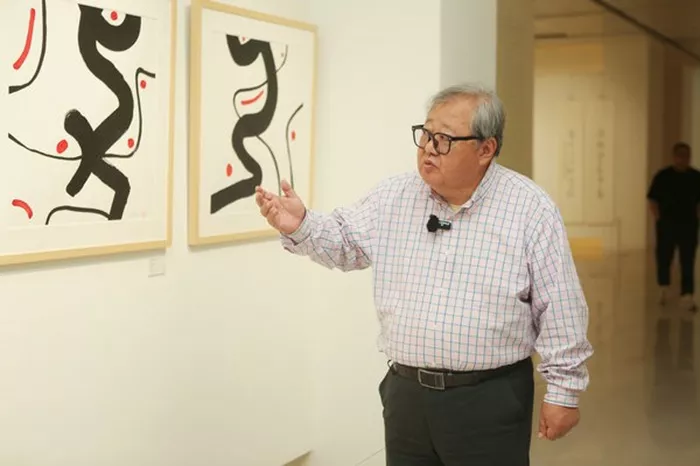In early May, the Daliang Mountain Poetry Festival in Xichang, Southwest China’s Sichuan Province, hosted a celebration of both the art of poetry and the cultural significance of the Yi ethnic group. Among the festival’s distinguished attendees was Jidi Majia, one of China’s most prominent ethnic minority poets, who has long advocated for using poetry as a bridge for cross-cultural dialogue.
As an influential figure in Chinese literature, Majia emphasized the role of poetry in capturing both the beauty and the concerns of the world. In a keynote speech, he articulated poetry’s potential to connect people across cultures and foster deeper emotional understanding. The festival brought together poets, writers, and artists from around the world, including Germany, the United States, Italy, Poland, and Spain, who shared their creative works and engaged in discussions on universal topics.
In an exclusive interview with Global Times, Majia, whose poetry has been translated into nearly 40 languages and published globally, reflected on his view of poetry’s social responsibility. At 63, he stressed that poetry should not merely focus on the immediate world around us but also serve as a stabilizing force that can offer healing and perspective in troubled times.
Nurtured by Yi Cultural Traditions
Majia’s deep connection to poetry stems from his upbringing within the Yi ethnic community, a group with a rich history of poetic tradition. From a young age, Majia was immersed in the poetic practices of his people, which encompass philosophy, astronomy, and history, passed down through generations in verse.
“Poetry is our way of expressing thoughts and emotions. It continues to teach our children about the natural world, moral values, and societal norms,” Majia explained. His early exposure to Yi cultural heritage inspired him to pursue poetry as a form of personal expression and cultural preservation.
His career as a poet began in high school, and by the age of 26, he had already earned the prestigious Third New Poetry Collection Award for his work Songs of First Love. Majia’s poetry carries the spiritual legacy of Yi epics and ritual songs, and his early works often explored the intersection of Yi mythology and modern experiences.
Geng Zhanchun, a poet and professor at Henan University, has studied Majia’s work extensively. He describes Majia’s poetry as a reflection of life and nature, focused on human solidarity, freedom, and dignity. His poems serve as an ode to both the natural world and the collective human spirit.
From Personal Life to Global Reflection
While Majia’s early poetry was deeply rooted in the oral traditions of the Yi people, his more recent works, including The Split Planet and The Promised Land, engage with broader global concerns. These long poems reflect Majia’s evolving perspective on modernity, addressing societal anxieties, conflicts, and the hopes for a better future.
Majia’s participation in the Medellin International Poetry Festival in Colombia in 1997 was a turning point in his career, where he witnessed firsthand the unifying power of poetry. Despite Colombia’s social unrest, poetry brought people together in streets, libraries, and even prisons, creating a moment of peace in the midst of conflict.
Today, Majia sees the world as facing unprecedented challenges—ranging from regional conflicts and trade wars to the rise of artificial intelligence and bioengineering. “Humanity is undergoing a profound test,” he says. “As poets, we must engage with the world’s beauty and its darkness. We must use our craft to reflect the true nature of humanity.”
Fostering Global Dialogue Through Poetry
In addition to his literary work, Majia has made significant contributions to the international poetry community. He has organized and led several international poetry festivals in China, including the Qinghai Lake International Poetry Festival and the Liangshan Qionghai International Poetry Week, with the aim of fostering cultural exchanges and promoting the global dissemination of Chinese literature.
Majia believes that telling China’s story begins with sharing the country’s rich and diverse cultural heritage with the world. By inviting foreign poets to experience China, he hopes to provide them with a deeper understanding of the nation’s transformation since the reform and opening-up period.
“Poetry can help bridge the gap between different cultures. It enables us to see what we share in common,” Majia said. Through the Qinghai Lake International Poetry Festival, which has welcomed poets from nearly 40 countries, Majia hopes to deepen connections between China and the world, offering a more authentic view of the country.
As the Qinghai Lake International Poetry Festival continues to grow, with another edition scheduled for July, Majia is optimistic about the future of cross-cultural dialogue. “Through poetry, we can share our stories, learn from one another, and create a more harmonious world,” he added.

